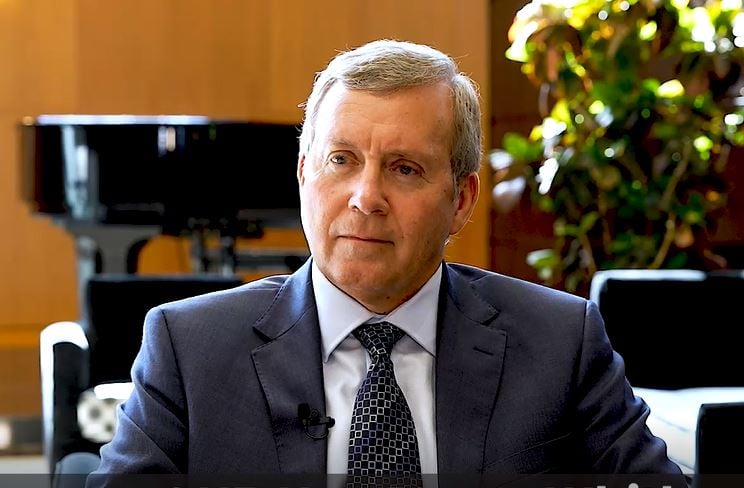Economy Middle East welcomed Australian Minister of Environment, H.E. Ron Reece Whitby to discuss future plans Western Australia might have with the UAE on climate-related issues.
We started by asking:
What critical steps is Australia taking towards achieving net zero emissions by 2050, and how can businesses, and the private sector align with UAE’s 2050 net zero plans?
“Well, I think there are huge opportunities. Western Australia realizes it is a major greenhouse gas emitter, like many economies in the Gulf region, including the UAE. So, we are embarking on decarbonization. We’re asking those who emit greenhouse gasses to say: ‘What technology is there? What change of processes are there, and how can we create electricity that is renewable, that helps power your plants and your processes?’
We believe we can get to net zero by 2050, but the time for action is now, from 2020 to 2030. So, we want a very good target by 2030. We’re working on now on what that target will be. We’re also electrifying our electricity supply. So massive investment there. We’re looking at green hydrogen as an alternative source, and I think these same issues are faced by UAE and other Gulf states. So there’s the opportunity to work together and to invest together.
What are the three key climate takeaways you’d like to see coming out of your visit to COP 27 and why?
“I think one of the three takeaways is that talking is important, but not talking for the sake of talking. So, talking with results is key. We need to come together. COP 28 in Dubai is important. There needs to be outcomes. Number two, I think it’s important for those countries that are advanced, that are First World, and producing most of the hydrocarbon emissions, need to take responsibility for supporting Third World developed economies to help them transition as well. And number three, I think ‘be optimistic’. I hope there’s an optimistic outlook that seizes the opportunities of climate change. Climate change is a challenge, but it presents a world of new opportunities. When we decarbonize, when we have cheap, plentiful electricity, we can be so much more.
Do you think with Cop 28 in the UAE, we’re going to have massive opportunities, given that it’s happening in Dubai?
“I look forward to COP 28 in Dubai because I think the opportunities are massive. I think COP 27 has laid a foundation for First World countries to properly assist the Third World with their transition. Oil is so important to this region. Having Cop 27 and Cop 28 in the region means that this region is taking the transition seriously. This region realizes that at some point, we need to transition out of fossil fuels. So, it’s important to accept the future and embrace the opportunities we need to change. And UAE is in a very good position to assist in that change.

What action is Western Australia taking to help deal with local and global water and food crises?
Western Australia has less rainfall, and as such we have less drinking water. We have embarked on a desalination plant production. We are about to build our third desalination plant. Food and water go together. It’s critical supplying those. Making sure there is enough water for agriculture is critical also. So, we develop new resilient crops and new ways of farming. You use the water that you have, but you make sure you get the best value and return from that water use like coming up with resistant, very robust new varieties of wheat, for example. So, we’re going to have a record harvest in Western Australia of 20 million tons this year, on top of 20 million tons last year, with lower rainfall.
It means with the right crops, and the right new varieties, using science to inform us of the way the type of plants you have and using DNA to create new varieties, after which you can have much more resilient crops and resilient food crops as well. So, you know, there are some lessons we can exchange with the UAE. We have similar growing conditions and water is always critical.








